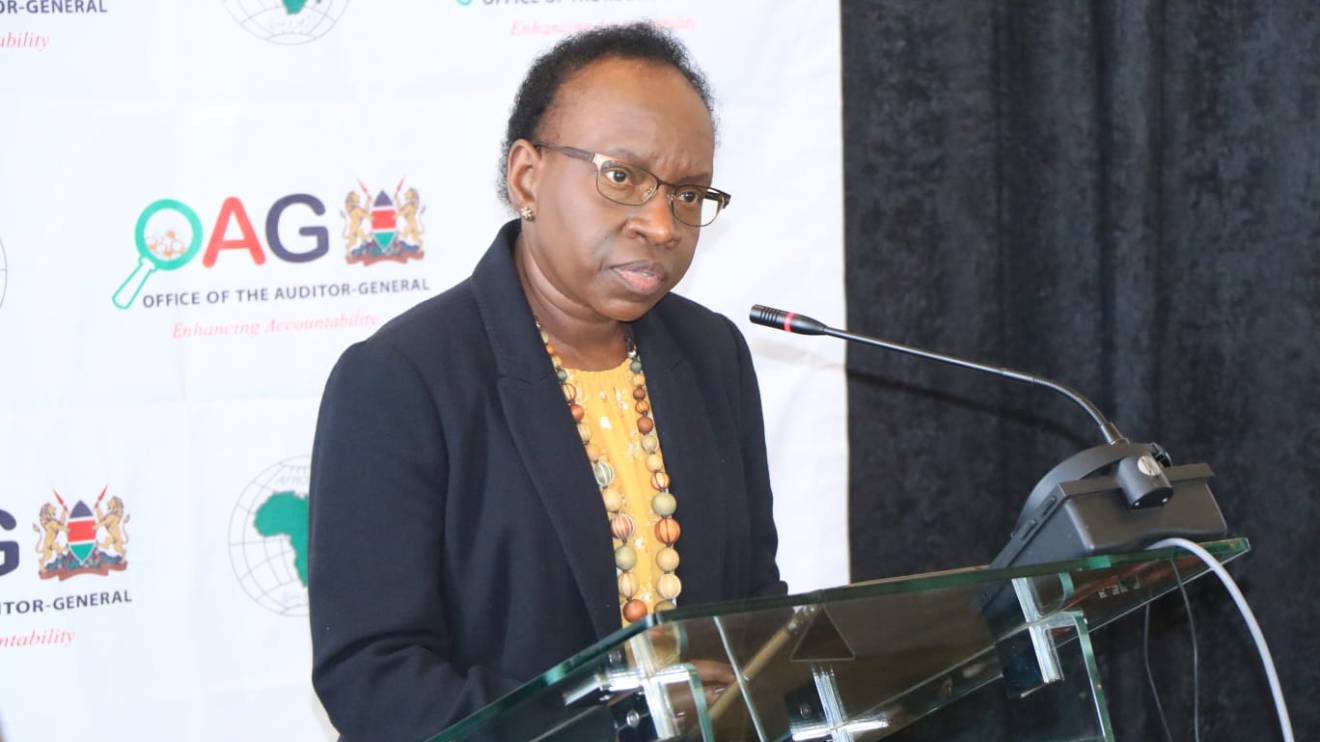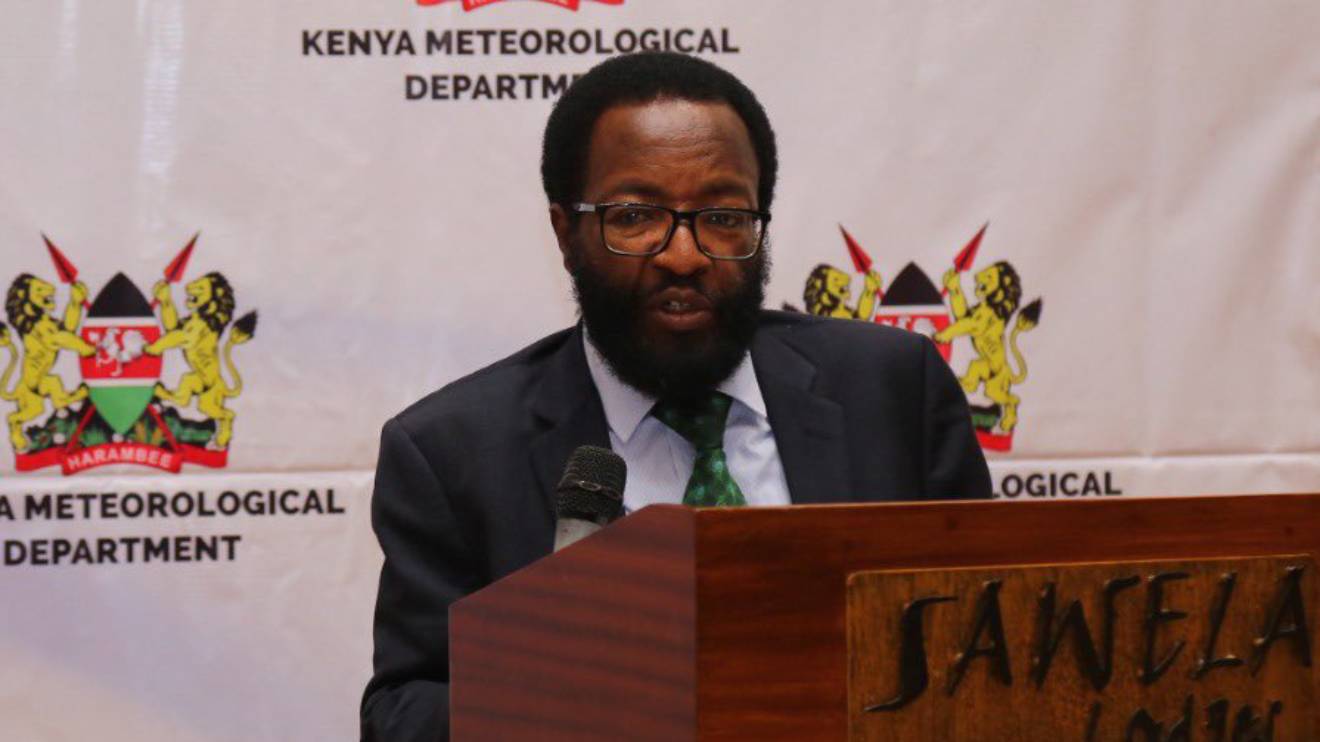Refugees living in Kenya are confronting a worsening hunger crisis, as the World Food Programme (WFP) prepares to halt all cash assistance and slash food rations to historic lows starting in June.
The move, which affects more than 720,000 people, is the result of a severe funding shortfall that has left the agency unable to sustain even the most basic levels of support.
For those sheltering in camps like Dadaab, Kakuma and Kalobeyei, the latest blow means rations will now cover only 28 per cent of daily nutritional requirements—down from 40 per cent earlier this year.
WFP officials have expressed concern that the cutbacks could have devastating consequences for already vulnerable communities.
Explaining the severity of the situation, WFP’s Deputy Country Director in Kenya Baimankay Sankoh, said the agency had been forced into a painful position.
Read More
“With available resources stretched to their limits, we have had to make the difficult decision to again reduce food assistance,” Sankoh stated.
“This will have a serious impact on vulnerable refugees, increasing the risk of hunger and malnutrition.”
The agency’s alarm comes at a time when Kenya’s refugee population has reached more than 843,000—an increase of over 340,000 in just five years.
Most arrivals are fleeing prolonged conflict or climate shocks in neighbouring countries such as Somalia and South Sudan.
In a further blow to refugee well-being, WFP was forced to end nutrition support programmes for pregnant and breastfeeding women and children in late 2024, also due to funding constraints.
The consequences are already showing: malnutrition rates in refugee settlements have now climbed past 13 per cent, crossing the 10 per cent threshold used globally to define emergencies.
Monthly food assistance has long been a joint effort between WFP, the UN refugee agency (UNHCR), and Kenya’s Department of Refugee Services.
However, WFP has had to constantly adjust rations depending on available donations.
The current levels, the agency warns, may push families to make difficult decisions.
To offer alternatives, WFP has promoted small-scale farming, built irrigation systems, and supported local food markets to help refugees rely less on direct aid.
But those efforts, while valuable, are not enough to address immediate hunger.
The agency says it now urgently needs Sh5.7 billion ($44 million) to restore full food rations and restart cash transfers through August.
Without fresh contributions, families could be forced to sell off possessions, withdraw children from school, or even risk returning to the unstable regions they once fled.
The situation has laid bare the fragility of humanitarian support systems in protracted displacement crises.
Unless donors intervene swiftly, the burden of this shortfall will fall squarely on those least equipped to bear it.

-1748007069.jpeg)


 (2)-1747750578.jpg)
 (1)-1747668439.jpg)



-1747998914.jpeg)